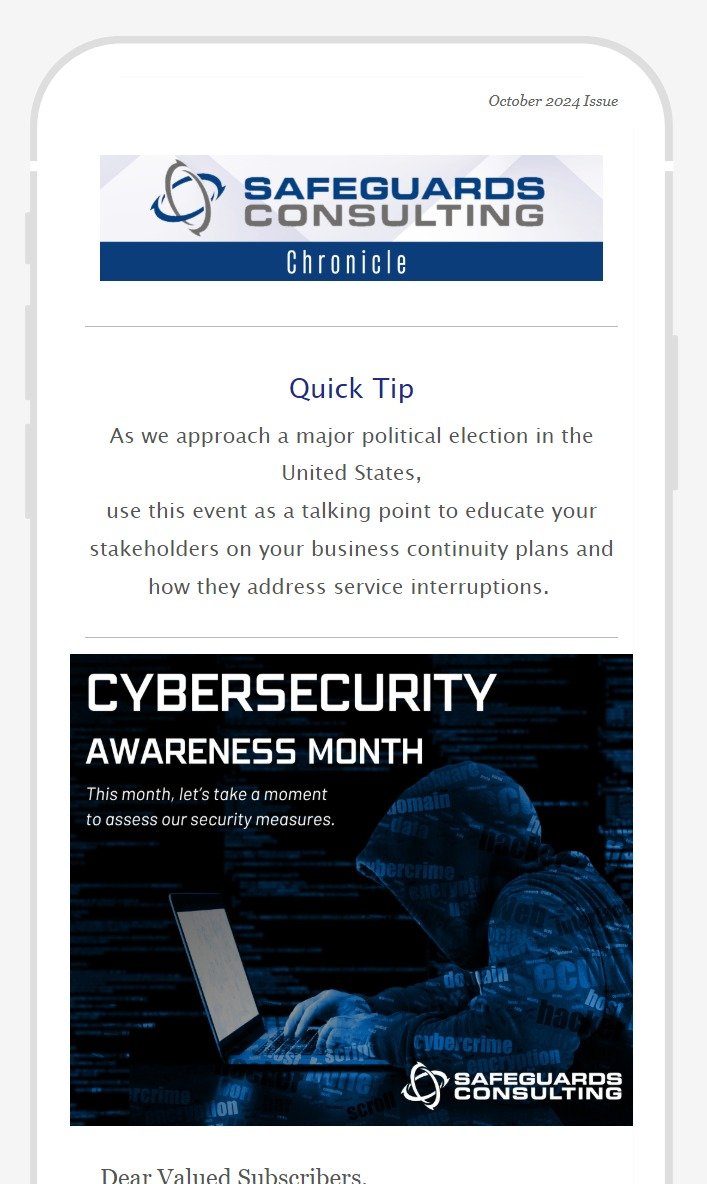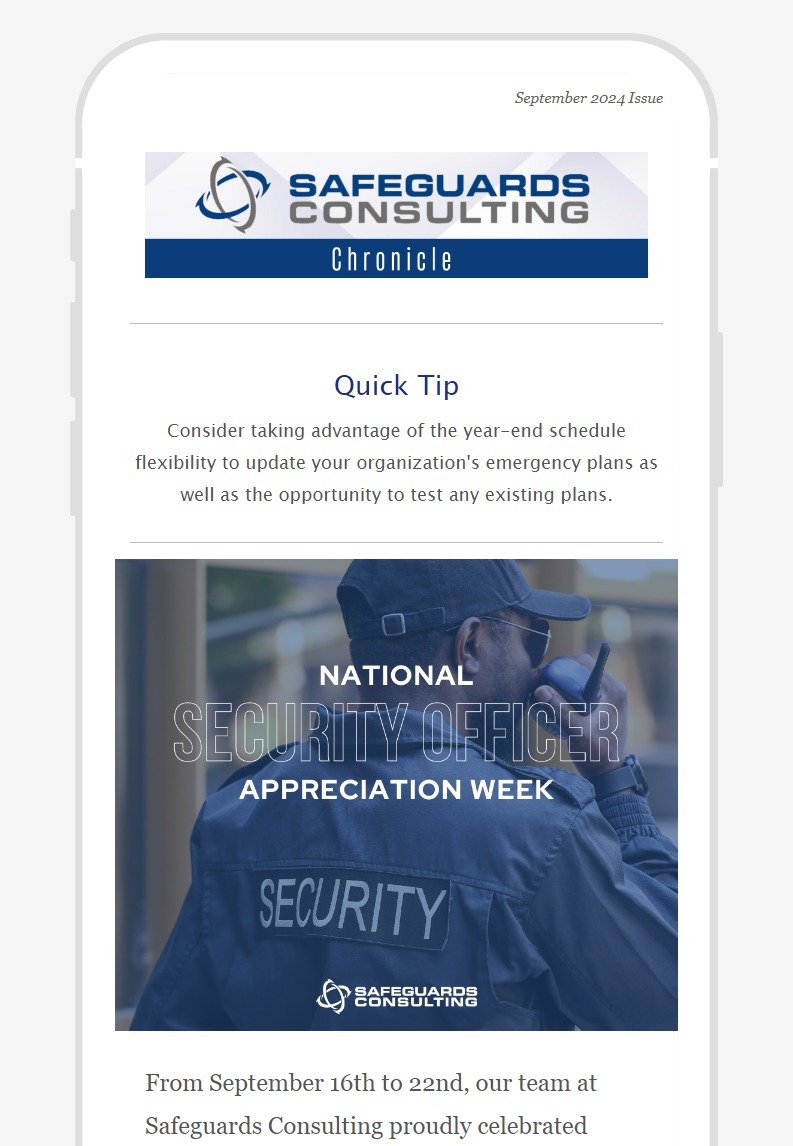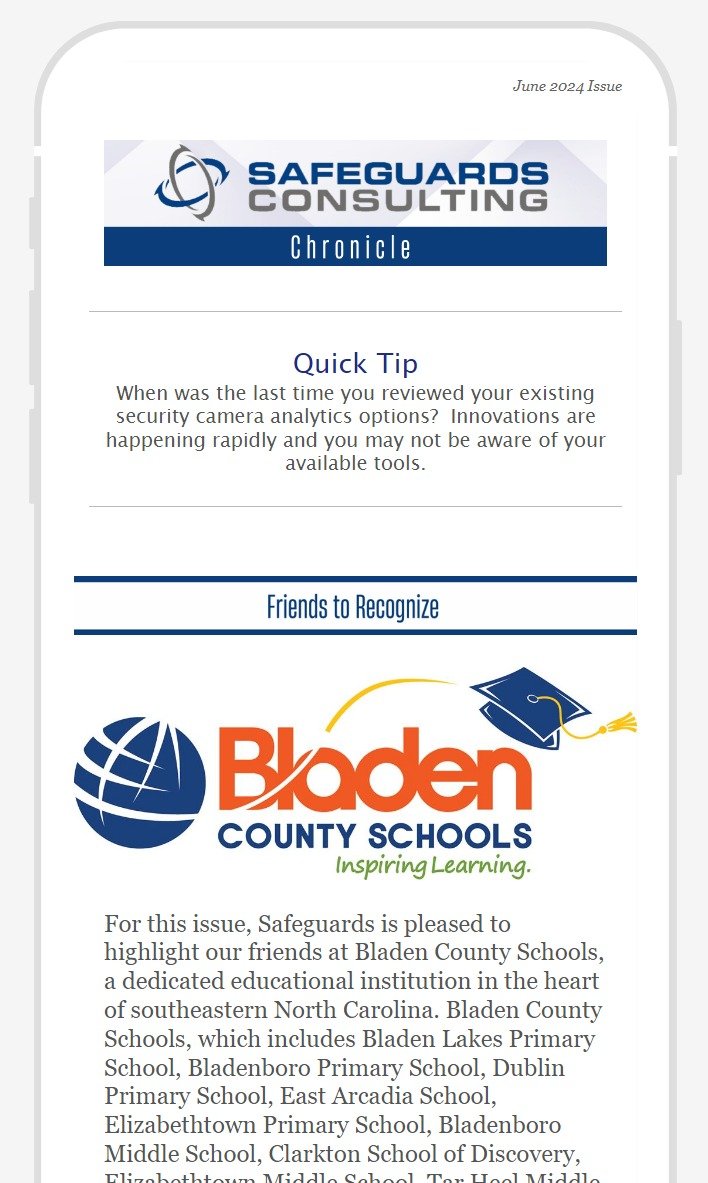Unmasking the Tactics: Understanding How Cybercriminals Exploit Your Vulnerabilities
(1) Phishing Emails
1) During this season, it is common to receive emails that appear to be from reputable retailers, charities, or delivery services. These emails frequently promote fraudulent deals, request urgent payments, or claim there is a problem with delivery. They may ask you to download attachments or click on links that lead to malicious websites, resulting in malware on your device or stolen personal information.
(2) Fake Websites and Online Stores
1) Scammers create fraudulent websites that resemble legitimate retailers. These websites advertise unrealistic discounts in order to entice victims to make purchases. Once the payment information is entered, the scammers either steal it and/or fail to deliver the products.
(3) Malicious Ads (Malvertising)
1) Malvertising is the practice of creating fake online advertisements in order to distribute malware. These advertisements frequently appear on social media or search engines, enticing users to click on them or redirecting them to fraudulent websites. This method allows malware to be downloaded onto the victim's device, potentially giving hackers access to sensitive data.
(4) Social Media Scams
1) During this time of year, scammers make extensive use of social media. Scammers use these platforms to promote fake giveaways, holiday contests, and exclusive sales. Victims are frequently prompted to provide personal information or payment information in order to "claim their prize" or access the "deal," which ultimately leads to data theft.
(5) Fake Charity Appeals
1) The last quarter of the year is the best time to raise donations, making it an ideal time for cybercriminals to take advantage of the giving spirit by creating fake charity campaigns. These frequently take the form of emails, social media posts, or crowdfunding links requesting donations. Victims unknowingly contribute to fraudulent causes, resulting in financial loss and, in some cases, the exposure of personal information.
(6) Delivery Scams
1) With the increase in online purchases during the holiday season, scammers send out fake delivery notifications claiming there is a problem with a package. These messages encourage recipients to click on a link or provide additional information, resulting in phishing or malware attacks.
(7) Public Wi-Fi Exploits
1) Cybercriminals can create fake Wi-Fi hotspots and intercept data on unsecured networks, gaining access to personal information such as login credentials and payment details. They can use this information for identity theft, unauthorized transactions, or data selling on the dark web.
Cybersecurity Strategies to Ensure a Stress-Free and Joyous Holiday Season
(1) Beware of Phishing Scams.
1) Be cautious with links and attachments found in emails, websites, social media posts, and advertisements. Through these malicious links, users are often tricked into providing personal details. Always verify the sender’s email address and look for signs of fake websites, such as misspelled domain names.
2) Stay alert for "too good to be true" offers. If a deal seems too good to be true, it probably is. Check the legitimacy of unfamiliar brands and influencers on social media.
3) If you receive a delivery notification, always visit the official delivery company website and manually enter the tracking number. Avoid clicking on tracking number links, as they may lead to phishing websites that steal your personal information.
(2) Secure Your Online Shopping Accounts
1) Make sure you enable Two-Factor Authentication (2FA) on your accounts. It is also recommended that you use strong, unique passwords for each shopping site to protect your personal information.
2) Always make your purchases from companies that you trust and are familiar with. If you are unfamiliar with a company, read online reviews and verify its legitimacy and reputation on websites like the Better Business Bureau.
3) Ensure that the website has HTTPS (not just HTTP) in the address bar, indicating that it is secured with encryption. This added layer of security ensures that your transactions and sensitive data remain private while you shop online.
(3) Payment Methods
1) Using credit cards versus bank transfers is highly recommended for better fraud protection, as they allow you to easily dispute charges if goods or services are not delivered as promised.
2) Do not pay with cryptocurrencies, as this can be a sign of a scam. This payment method provides a level of anonymity, and scammers frequently use it because transactions are difficult to track and irreversible. If a business insists on payment in cryptocurrency, proceed with caution, as this method is frequently associated with fraudulent activities.
3) Do not pay with gift cards. Genuine businesses and organizations will never request payment via gift cards. Always be cautious if any business requests this type of payment.
(4) Public Wi-Fi Safety
1) Avoid making transactions on public Wi-Fi, since they are often unsecured, making it easier for cybercriminals to intercept your data. Only use secure Wi-Fi networks that you know and trust.
2) If you must use public Wi-Fi, ensure that you have a VPN installed on your device. A VPN encrypts your internet connection, protecting your data from cybercriminals and securing your personal information.
(5) Fake Charity Donations
1) Before making any donation to a charity, ensure that the organization is a verifiable charity. Conduct some online research before making any transaction using social media, and consider using services like Better Business Bureau's Wise Giving Alliance, Charity Watch and/or Charity Navigator.
(6) Keep Software and Devices Updated
1) It is strongly recommended that you install the latest updates to your operating system, apps, and antivirus software. Therefore, allowing you to reduce your chances of falling victim to malware or cyberattacks.
Stay Information and Stay Jolly
The risk of cybercrime increases as the holiday season approaches, with cybercriminals seeking to exploit the surge in online shopping. Given the various tactics they use to target online shoppers, it is important to remain vigilant. By following the key precautions outlined in this article, you can significantly reduce your chances of falling victim to fraud. Stay informed and cautious, and enjoy the holiday season with peace of mind, knowing that your data and finances are better protected.
Author: The Safeguards Consulting, Inc. Cybersecurity Team
















